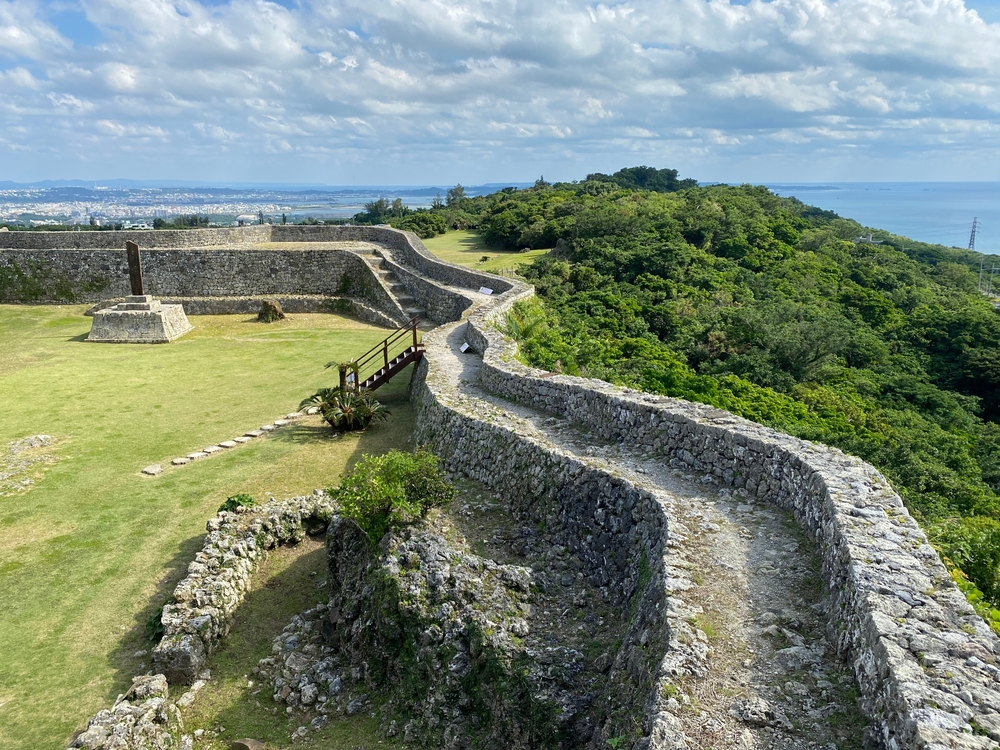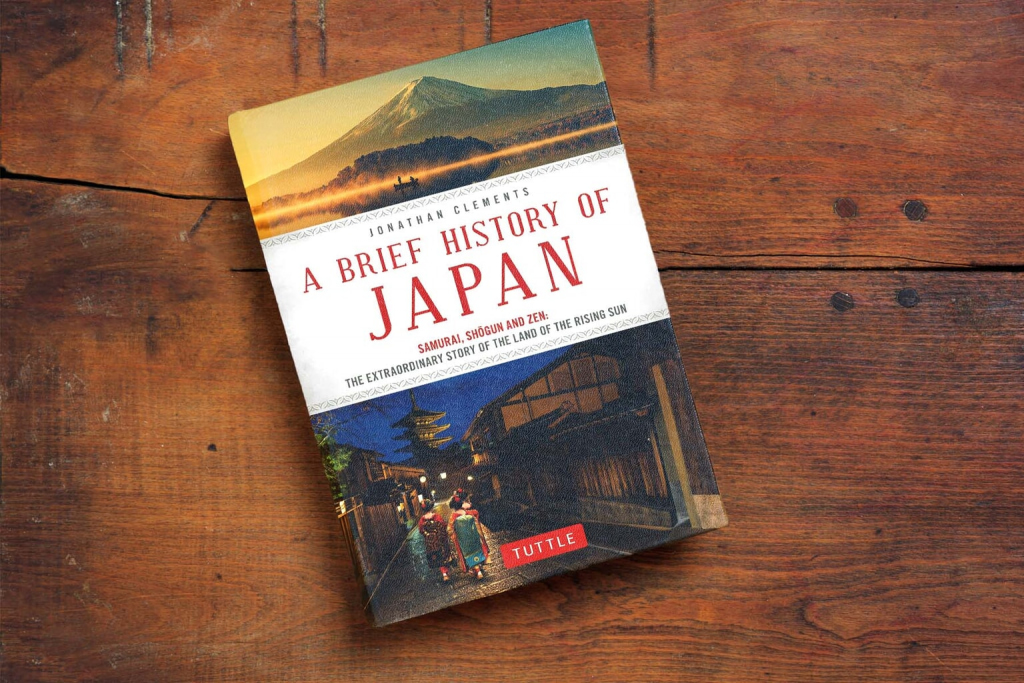The immensity of Japanese history is enough to intimidate most of us, with its multiple eras and sprawling cast of major players. But learning about the country’s incredible past need not be such a daunting undertaking. We take a look at some of the most impressive books on Japanese history published in recent times that help cast a light on a storied past that continues to resonate in our own time.
1. A Brief History of Japan: Samurai, Shogun, and Zen by Jonathan Clements
Brevity and succinctness are virtues, especially when they culminate in a single-volume work that encompasses everything in Japanese history from mythological beginnings to the nation’s more contemporary status as a pop culture powerhouse (with a few centuries of willful international isolation in between). Clements is a respected authority on a variety of aspects of Japan and his guideship is both insightful and accessible.
2. Hokkaido: A History of Ethnic Transition and Development on Japan’s Northern Island by Ann B. Irish
Hokkaido is a land culturally, historically and geographically distinct from the rest of Japan. This book explains how the Ainu were replaced with pioneer settlers, which has had profound implications lasting until the present day. The expansion of a frontier society on the cusp of modernity and the consequential diminishing of an ancient people’s time-honored customs, are accounted for in great detail. If you have even a passing interest in the indigenous people of the nation’s most northern prefecture and their almost forgotten traditions, this is essential reading.

Nakagusuku Castle, the ruins of the Ryukyu Kingdom in Okinawa, Japan
3. Okinawa: The History of an Island People by George Kerr
Conversely, the tropical topography and shining sun that dominates the former domain of the Ryukyu Kingdom is the focus of Okinawa: The History of an Island People. Okinawa proudly boasts a past that sets it apart from the mainland, having nurtured its own unique identity that remains powerful into the 21st century. Casual history enthusiasts will of course be aware of the calamitous Battle of Okinawa in 1945, but Kerr demonstrates that there is far more to learn about these idyllic islands. This is the definitive English-language book on Okinawa and its inhabitants.
4. Tokyo: A Biography by Stephen Mansfield
Can the soul of any city be articulated? Stephen Mansfield, who has worked as both a writer and photographer for dozens of publications, does an admirable job in attempting to do just that. A chronicle of the key events and individuals that helped shape what many of us firmly believe to be the greatest metropolis in the world. Earthquakes, firebombing, and liberal zoning laws have all helped to forge the face of an incomparable capital.

5. Pure Invention: How Japan Made the Modern World by Matt Alt
Former Prime Minister Shinzo Abe famously dressed up as Super Mario at the closing ceremony of the Rio 2016 Olympics, sparking much bemusement and opinion pieces on Japan’s much-acclaimed soft power. Nintendo got its start in 1889 as a manufacturer of hanafuda playing cards and plenty of other iconic Japanese brands and businesses had equally interesting origins. Alt explains how postwar Japan rose from the ashes on the back of Hello Kitty and why pretty much every foreign movie set in Japan involves a scene in which the main character is overwhelmed by the sheer technological brilliance of Japanese toilets.
6. A History of Popular Culture in Japan: From the Seventeenth Century to the Present by E. Taylor Atkins
In a tour of popular culture beginning at the height of the Edo Period (1603–1867) and concluding with the emergence of the highly publicized Cool Japan initiative, Distinguished Teaching Professor of History, Atkins delves into the nitty-gritty of the image Japan wishes to project of itself both domestically and internationally. The path that leads from noh theater to AKB48 may perhaps not be strictly linear, but there are common cultural threads that bind them to the national psyche. This is a meticulously researched book that still manages to contain plenty of well-placed humor.

Yomiuri Shimbun newspaper clipping (27 May 1959 issue)
7. 1964: The Greatest Year in the History of Japan by Roy Tomizawa
The title makes a very audacious claim, but it might not be without merit. 1964 was the year Japan demonstrated to the world that it was on its ascendency, having recovered from the devastation and hardship of the postwar period and now in the midst of an economic miracle. It was of course the year Tokyo hosted its first Olympic Games, in which the nation’s newfound wealth and infrastructure were on proud display for the global media throngs. This sense of a new form of national pride is described in vivid detail by Tomizawa, who celebrated his first birthday on the day the games were opened.
8. To Stand with the Nations of the World: Japan’s Meiji Restoration in World History by Mark Ravina
The Meiji Restoration of the latter 19th century ushered in a period of rapid societal and cultural change that fundamentally altered many intrinsic attributes of Japan. With the assistance of numerous Western powers, the Japanese government reshaped the country’s economy in a zealous quest for modernization. Yet, despite these radical shifts, Japan was able to retain its cultural identity and unique set of values. This extraordinary story of national renewal is told in tremendous detail and makes for remarkable reading.









